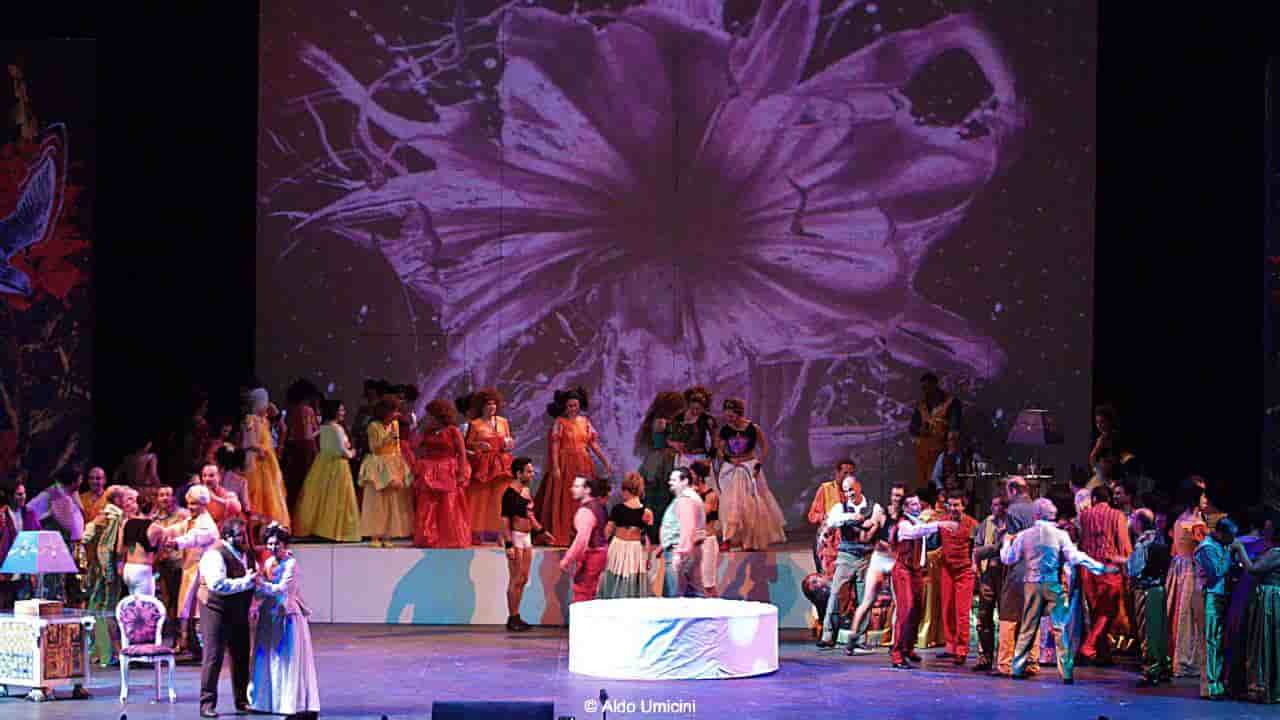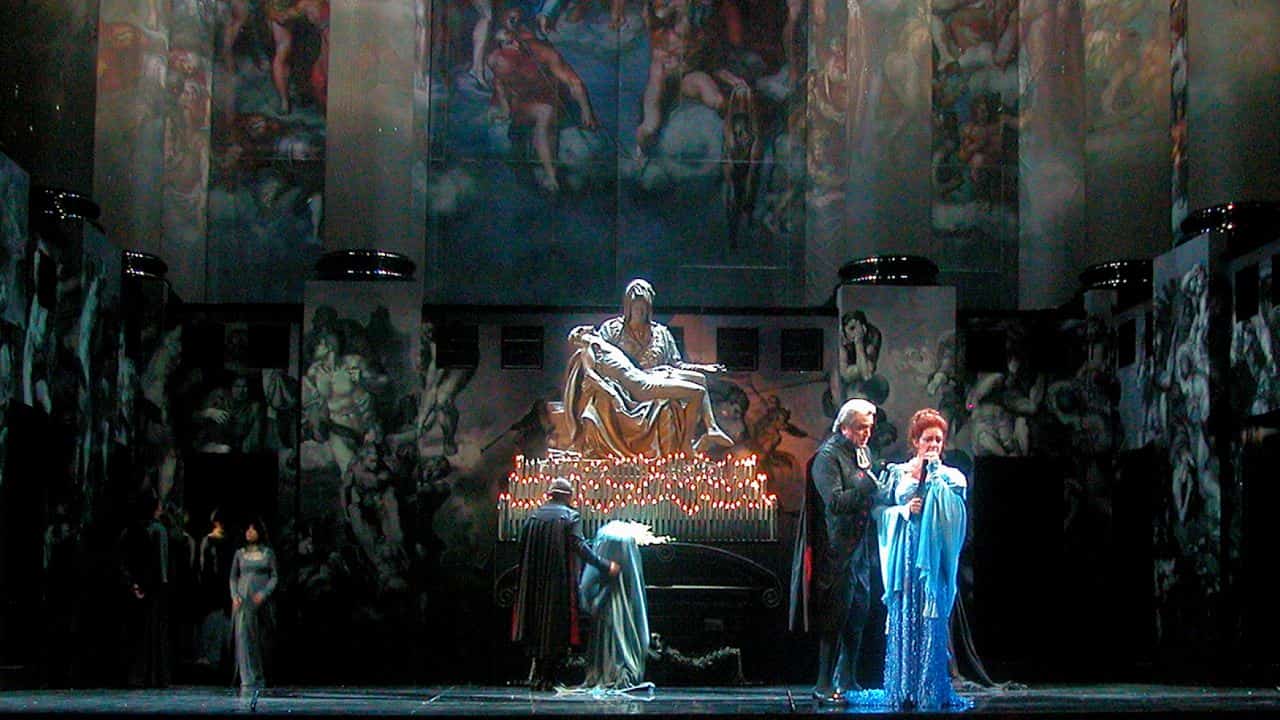The starting point for La bohème and its entire creative process up until the first performance of the opera in Turin’s Teatro Regio on 1 February 1896 is documented in minute detail in the abundant correspondence between Giacomo Puccini, his publisher and mentor Giulio Ricordi, and the librettists Giuseppe Giacosa and Luigi Illica. The latter began their stormy, yet fruitful, collaboration with this opera and went on to write the librettos for Tosca and Madama Butterfly.
Starting with the book Scènes de la vie de bohème by Henri Murger (1882-1861), originally a series of autobiographical stories published in a magazine, the two librettists, closely supervised by Puccini, built an ensemble plot in which four young bohemian artists confront financial difficulties and bad weather with humour and good cheer, finding their way in an effervescent, bustling, wintry Paris.
A love affair between one of them, aspiring poet Rodolfo, and the seamstress Mimi is cut short by her death. We watch the story move from the pleasures and dreams of youth to the solidity of real life, with all its problems.
With his sublime orchestral palette, his mastery of poetic rhythm and his enormous talent for drama, Puccini builds the personalities of the young people with his usual skill, contrasting sparkling anecdotes and fun with deep and heartfelt passions. Their short, conversational phrases are interlaced with others of much greater melodic and dramatic power. The orchestration is expressive and effective, suggesting tiny details such as flickering flames or jingling coins, while setting scenes in an almost cinematic fashion, from the chilly garret to the busy streets of Paris at Christmas time, or the loneliness and deprivation of poverty.
Past moments are evoked like flashes of memory by a masterly use of musical motifs associated with emotions or even objects to which Puccini gives great symbolic significance: Mimi’s candle, the pink bonnet Rodolfo buys for her, Colline’s overcoat, or the muff which warms the heroine’s hands on her deathbed…These moments which come and go in our memory, concealed and then revealed in the everyday affairs which make up our lives, are the narrative thread running through this new production of La bohème, which was broadcast live.
The prestigious British stage director Richard Jones and the set and costume designer Stewart Laing present the opera as a series of scenes from bohemian life, without hiding the backstage work that usually goes on behind the scenes. The audience can see how the sets are changed, how different devices are used to create theatrical effects, and how props are piled up in the wings, like scraps of life crammed into our memory.
From their vantage point, the audience watches the past and present of the characters at the same time, unable to immerse themselves in the cold, bright Paris of the young bohemians because they will always see it depicted on stage. But this ‘play within a play’ device, which blurs real time and theatre time, the auditorium and the stage, drama and metaphor, will bring the audience to a richer interpretation of Puccini’s work, enhanced by viewing it from different angles, with all its images.
Opera in four acts
Music by Giacomo Puccini (1858-1924)
Libretto by Giuseppe Giacosa and Luigi Illica, based on the novel Scènes de la vie de Bohème (1851) by Henry Mürger
First performed at the Teatro Regio, Turin, on February 1, 1896
First performed at the Teatro Real, Madrid, on February 17, 1900
New Teatro Real production, in co-production with the Royal Opera House and the Lyric Opera of Chicago
Chorus and Orchestra of the Teatro Real
Pequeños Cantores of the JORCAM
Artistic team
Stage director | Richard Jones
Revival stage director | Julia Burbach
Set and costume designer | Stewart Laing
Lighting designer | Mimi Jordan Sherin
On-stage movement director | Sarah Fahie
Chorus director | Andrés Máspero
Children’s chorus director | Ana González
Cast
Rodolfo | Stephen Costello
Schaunard | Joan Martín-Royo
Benoît | José Manuel Zapata
Mimì | Anita Hartig
Marcello | Etienne Dupuis
Colline | Mika Kares
Alcindoro | Roberto Accurso
Musetta | Joyce El-Khoury








